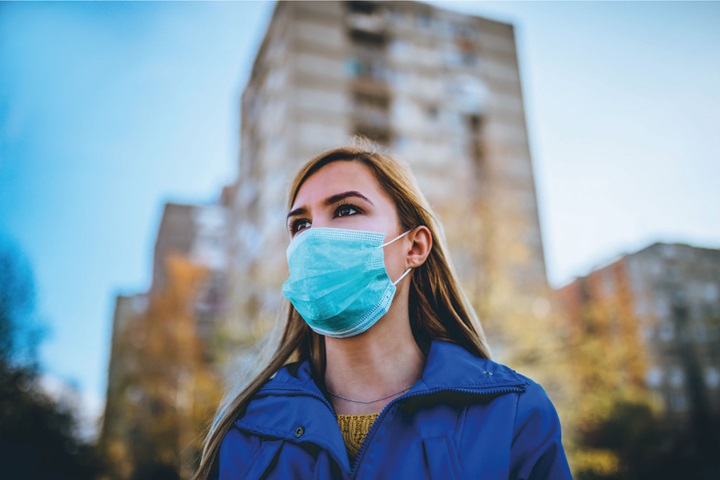The good news about working remotely is that you can still do so while self-isolated after a skiing trip in the Italian Dolomites. However, unlike humans, brands cannot isolate themselves so easily. With the full effects of the COVID-19 outbreak still to be realised what can management and marketers do to ensure the continued health of their brands?
First things first, remember that strong brands will recover quicker than weak ones. One of the iconic charts from the BrandZ Top 100 Most Valuable Global Brands Ranking compares the stock market performance of strong brands in the ranking to that of the S&P 500. It shows that while all companies were hit hard by The Great Recession, the ones with strong brands recovered quicker and have subsequently grown faster than the S&P 500.
While the impact of COVID-19 may not be as significant as The Great Recession, my suspicion is that its economic impact will be greater and more sustained than that of previous outbreaks, like SARS or MERS. Analysis by Kantar Consulting in China demonstrates that those outbreaks had a negative impact on retail sales growth lasting up to three months. However, the rapid escalation of COVID-19 outside China seems likely to have far reaching consequences on global trade and therefore may have an impact that is longer lasting.
Looking at what has happened in China gives us some idea of what might happen elsewhere. To anticipate the likely impact on consumer spending in China Kantar launched a nationwide survey from Feb 6 till 9 through WeChat. Not surprisingly, the vast majority of people said they would reduce or cancel out-of-home dining, entertainment and travel. Perhaps less obviously, purchases like buying a new car, apparel or white goods are likely to be deferred, as are non-essential items. Sales of essentials like food and drink will be relatively resistant, particularly given China’s well-developed ecommerce ecosystem.
So, what should management and marketing teams do? Number one, put plans in place to continue business and protect employees and customers. Number two, recognise that every business in the same industry is likely to take a hit. How well you ride out the crisis will depend on responding to it more effectively than your competitors. How can your brand best ride out the turmoil? And how can you ensure a swift return to business as usual?
Beyond the immediate response, when facing something like COVID-19 the response to people’s feelings is going to be critical. To do so effectively, management and marketers must suspend their own viewpoint and put themselves in their customer’s shoes. How do they feel? What help might they need – functional or emotional? And how might they expect the brand to respond? People’s response to a crisis is going to vary by their basic attitude to life, and it is important to align your brand’s response with its existing positioning and values or it will seem inauthentic. Ultimately it is about how your brand can improve its relevance in a time of need and defuse any potential concerns related to your business. For instance, home delivery might seem like a great idea but only if the delivery person has sanitised their hands.
Some brands will find an obvious overlap between their core purpose and consumer needs. In 2017, Procter & Gamble provided relief to residents of Southeast Louisiana impacted by recent tornados via its Loads of Hope program, which not only cleaned clothes for free but also gave away free personal care products. However, a brand in a less practical category that has previously positioned itself as fun and outgoing is going to risk undermining its standing if it suddenly starts promoting hand washing. Trivial though it may seem, a better response might be to offer new content that speaks to people’s desire to be distracted from the latest news and worries over the potential for infection.
While it might seem callous to say so, crises can also offer the opportunity for growth. In China, Luckin Coffee began delivering alcohol-based sterilisers and antibiotic hand soap in addition to its beverages and stocking its network of vending machines with the sanitiser products. Whether this proves a successful strategy or not, the demand for DTC services and delivery is only likely to grow in the coming weeks and will likely have a long-term impact on consumer behaviour.


